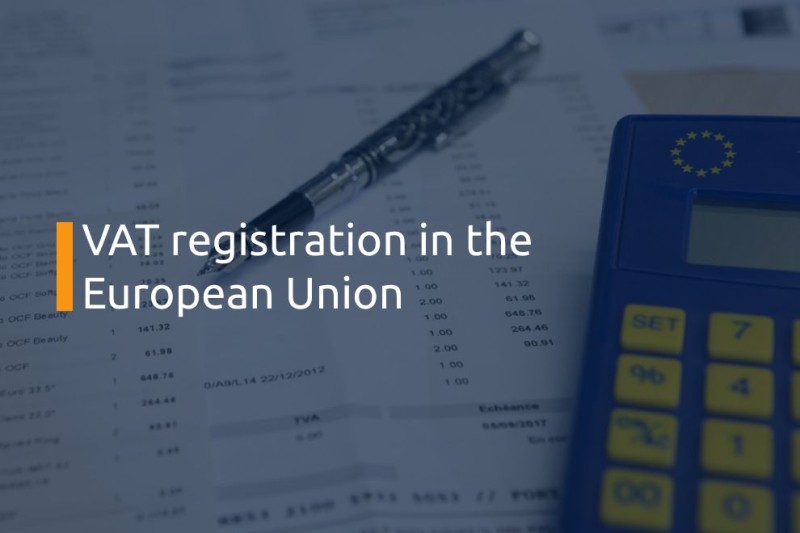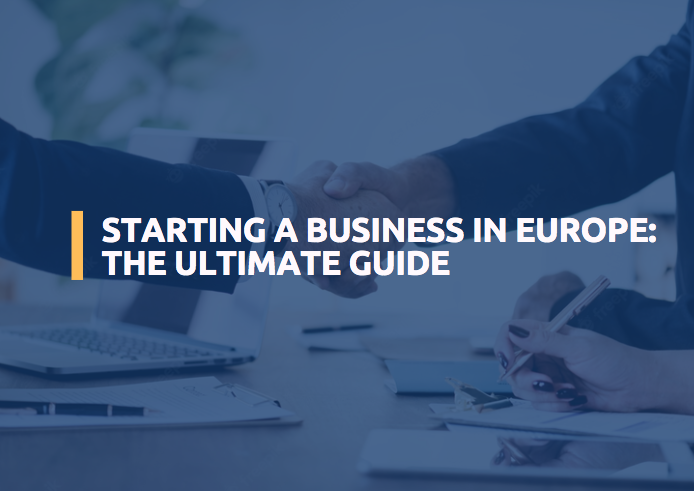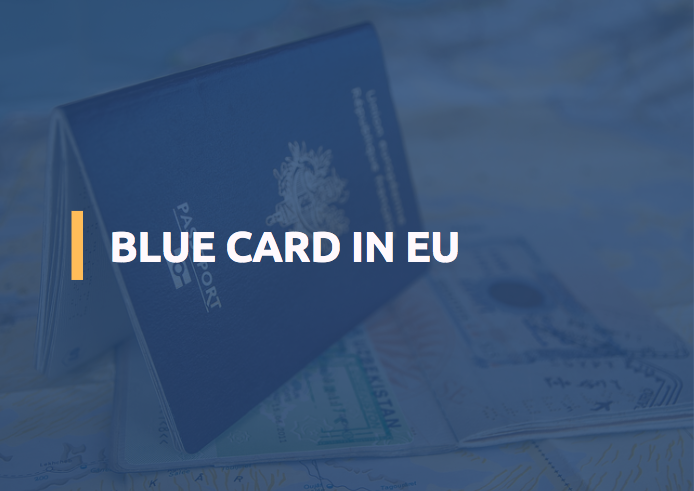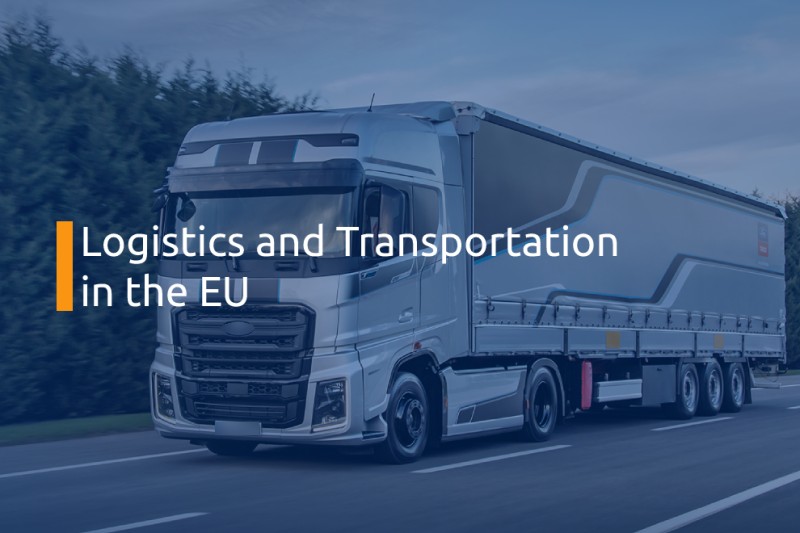Value Added Tax or VAT, in short, is a tax applied to goods and services purchased or sold on the territory of the European Union. It is a single neutral system of taxation, which allows for zero-tax exports within the EU. As a result of the introduction of VAT, goods and services sold for export are exempted from VAT-tax on the territory of the union, and double-taxation is avoided. Yet, according to Your Europe, foreign goods imported into the EU are subject to VAT for the purposes of keeping the market fair and competitive. There are many cases in which companies or natural persons need to be registered for an EU VAT number, and it is important to know them to fully comply with the local laws.
Who needs to register for VAT?
There are many specific situations in which companies or natural persons must register for VAT. Full information regarding VAT requirements set out for different types of goods and services within the EU can be found here. Here are a couple of examples of businesses (both EU and non-EU based) that need VAT registration
1) Each business in the European Union that exceeds the annual VAT taxable turnover threshold. This threshold differs from country to country. As such, in the Czech Republic, this value is set at 1 million CZK (38, 427 EUR), in Greece – at 10, 000 EUR; in Italy – at 65, 000 EUR. Full information on the VAT taxable turnover threshold rates of the EU members can be found here.
2) Traders who import goods into the territory of the European Union.
3) Traders who sell digital products into the territory of the European Union.
4) Traders who supply taxable services or goods.
5) Traders who organize conferences, seminars, exhibitions, or forums with paid attendance.
6) Traders who sell goods over the internet.
How to register for VAT?
Registration for VAT is not a complex process but it requires a certain level of understanding of European law. There is no single VAT number across the EU – each country has its own unique local VAT number, which starts with the country’s code and is presented in the national format. For example, in the Czech Republic, VAT numbers begin with CZ and are followed by a block of 8-10 digits. The guidance on VAT formats by country is available on Your Europe’s website. Thus, those suppliers who work with a number of different EU countries will likely be required to register for VAT in each of the receiving countries, according to Your Europe.
Each European country has its own specific rules regarding VAT declarations and registration. You can access them here. If your enterprise conducts any type of VAT-related business activities in the Czech Republic (except for financial and postal activities which are exempted), you must register for VAT. Note: those who sell goods via Amazon in the Czech Republic also must register for VAT in Czechia. The standard VAT tax rate is 21%, the reduced tax rates are 10% and 15% as follows. The first reduced tax rate of 15% applies to various foods, entry to cultural shows and sports events, books, newspapers, livestock and some other types of goods according to TMF group. The second reduced tax rate of 10% applies to certain pharmaceuticals, electronic books, periodicals, and certain baby foods.
In the Czech Republic, VAT registration usually takes up to one-two months. You must provide the necessary documents and state a reason for VAT registration to the Czech tax authorities. The necessary documents include a business plan, revenue projection, contracts with clients, suppliers, employees, bank statements..etc After that, you will receive your VAT number. You will be required to submit invoices accordingly with the Czech VAT standards and pay tax either monthly (if the yearly turnover exceeds 10,000,000 CZK) or quarterly (if the yearly turnover does not exceed 10,000,000 CZK). To make the process easy and comfortable, YeYe Agency can fully assist you with VAT registration and register the business on your behalf.
VAT rates
VAT rates differ by country, but the general rule is that the standard VAT tax rate in the European Union cannot be lower than 15%. Similarly, the EU law allows for one or two reduced tax rates, but neither can be lower than 5%. This does not concern certain additional tax rates that are applicable in some of the countries on a very limited number of goods or services, including zero tax rate, parking rate, and super-reduced tax rate which can be lower than 5%. Parking rates generally apply to fossil fuels, energy, mineral oils, wood, certain wines, and some other types of goods and services depending on the country. Zero rates (0% VAT charged) generally applies to newspapers, periodicals, books and diaries, life-saving services, and some additional goods and services governed by the national laws. The super-reduced rate applies to livestock, certain foods and medicines.
The lowest standard VAT tax rate in the EU can be found in Germany (16%), Luxembourg (17%), and Malta (18%). The highest rates are in Hungary (27%), Denmark (25%), Croatia (25%), and Sweden (25%).
All of the EU countries except for Denmark offer reduced rates. Countries with super-reduced rates are Spain (4%), France (2.1%), Ireland (4.8%), Italy (4%), and Luxembourg (3%). Countries offering parking rates are Austria (13%), Belgium (12%), Ireland (13.5%), Portugal (13%) and Luxembourg (14%.)
VAT-rate exemptions
As was already mentioned, if you are exporting goods outside of the union, you will only be charged with VAT rates in the country of destination. You will not be required to pay any tax on the territory of the EU. It would be enough to have a document stating that you did import goods to the countries outside of the EU by keeping the invoice or obtaining a record from the tax office.
Smaller enterprises that do not meet the set VAT threshold or do not sell any VAT-taxable goods/services may be exempt from paying VAT. Smaller businesses can also receive a graduated relief on a certain amount of their turnover if they are registered for VAT but do not meet the annual turnover threshold set out by the European countries.
There is a range of goods and services that are exempt or might be exempt from VAT rates. These may include such activities as education, medical care, etc. These exemptions may be either with or without the right to deduct. A full list of the prescribed exemptions can be found here.






